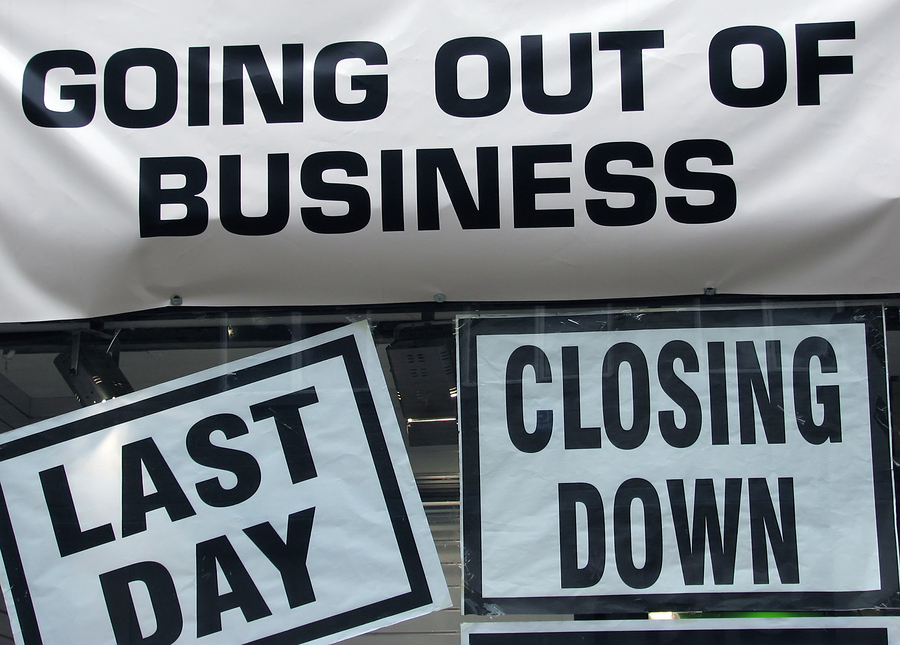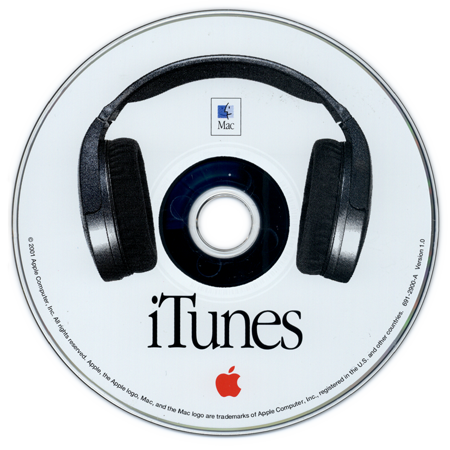In 2015, Brad Martin, the President and CEO of Penguin Random House Canada, was quoted as saying the following:
“I’m not interested in a book that is going to generate less than $100,000 in revenue unless the editor or publisher [division] has a compelling vision for the book and/or the author…If the person that’s championing that book in the acquisitions meeting doesn’t have a compelling view of it, it’s just trying to fill a slot, then I’m not interested in doing it….I don’t subscribe to the, ‘Well, it’s not going to cost us very much.’ I don’t care what it’s going to cost you – what’s your vision of this book? Because, no, we can’t afford to do a lot of small books without a vision, because they take as much time to put through the system as a big book does.”
In other words, for this publisher, unless there is a threshold of $100,000 in projected revenue, they won’t publish it.
Publishing Economics 101
Before your eyes glaze over with another discussion of publishing economics, think on this: publishing is a business. A business must have money left over after expenses – or they go out of business. This principle can also affect a non-profit ministry that is involved in any enterprise, not just publishing. If their revenues are exceeded by their expenses, it begins to drain resources designated for other parts of the ministry. I know of one large denomination that, many years ago, dropped its publishing division because its losses were draining funds intended for its clergy’s pension plans.
Back to the $100k proclamation. On the surface that sounds like a very high, if not impossible, number. But if you look more carefully, you’ll see that it isn’t as nefarious as it sounds.
Let’s say the retail price of the book is $20. The publisher sells that book for $10 to a bookstore or an online retailer like Amazon. To have $100,000 in revenue, using this scenario, the publisher needs to sell 10,000 copies to hit that magic threshold. And that isn’t an unreasonable number!
Disclaimer
Note that the $100k quote was made 10 years ago by the Canadian branch of Penguin Random House. The Canadian book market is not quite as large as the U.S. Market, which makes that 10,000 unit sales threshold a little more challenging.
Be careful not to apply these numbers to all publishers and all genres. Fiction and non-fiction are different. Although the costs of production are quite similar, sales channels are different, and expectations vary. In nonfiction, a book on raising kids is different than an academic tome on the nature of electricity.
Every publisher is different. Each one has a different expense structure and different definitions of success. Using any sort of “number” as a hard and fast threshold can only apply to a specific situation.
I’ve sold highly academic projects to academic publishers whose “numbers” reflect their situation in-house. In other words, each publisher is going to evaluate a book based on their sales and profit projections. For one publisher, it could be 3,000 copies, for another, it could be 30,000.
There is no “one size fits all” in publishing economics.
Be careful not to get caught up in the numbers or the comparison game. The danger is thinking that your book is a failure if it sells “only” 8,000 copies or thinking it is a raging success if it sells more than 20,000. Each situation bears its own merit. For one publisher, selling 10,000 is cause for celebration. For another publisher, selling 10,000 copies might cost someone their job. It is all a matter of perspective and expectations.
Reality
A few years ago, I had a major-sized publisher tell me that their in-house threshold was $250,000, so this isn’t “new.” In that case, the editor was basically saying that they needed to project sales of about 30,000 units in the first year to consider a project viable.
Publishing is an unusual business in that it is the “Business of Art.” Art has within it an emotional component and thus a book can often be acquired because of the intense belief, on the part of an editor or publishing group, in the power of the story or the power of the message. This gives hope to many aspiring authors that their book (fiction or non-fiction) will captivate an agent, an editor, a publishing exec, and the public. It can happen, and it does.
It is a little rattling when the art form is reduced to numbers by a powerful person inside a publishing house. It suggests that numbers trump art… (That mathematical formula looks like this: $$ > !! )
And yet there remains optimism at every turn. Deals continue to be made, even in these “dog days of Summer.” (Our agency continues to average a new book deal every two business days!) Great writing and great ideas will always be paired with great publishing.










